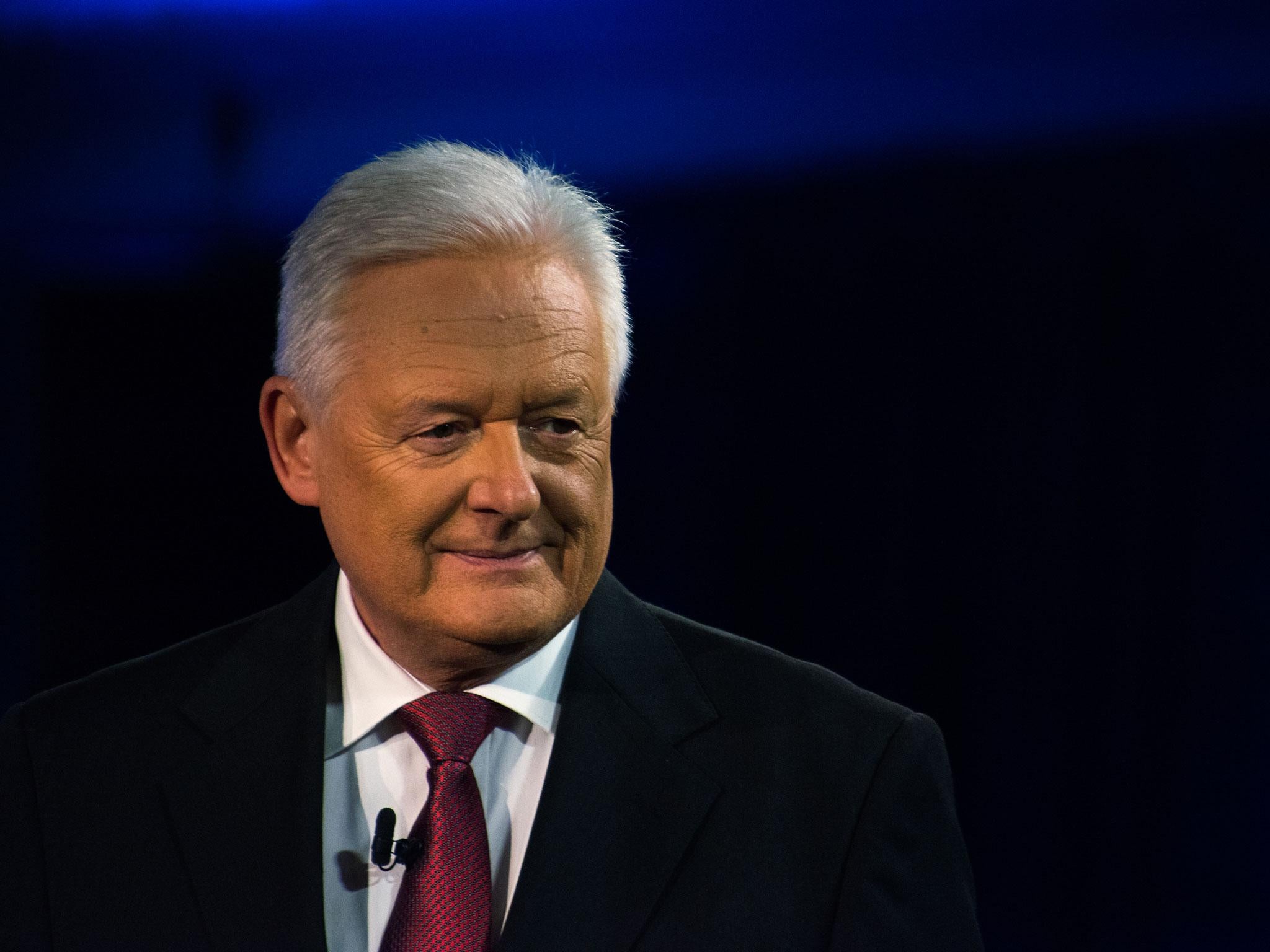Brexit could create an economic crisis, Barclays chairman John McFarlane warns
'Unlike the previous crisis, in this instance, the City does not bear the accountability'

A senior Barclays banker said we neither knew the direction nor the shape of what Brexit might look like.
John McFarlane, the chairman of Barclays, warned the UK’s decision to leave the EU could create an economic crisis as it is doubtful the country will secure its existing demands from Brussels.
He called for effective leadership and the need to build a new international model following the shock of the outcome of the EU referendum.
"This is a political crisis that has the potential to create an economic one," McFarlane said at a conference hosted by the CityUK, of which he is also the chairman.
"Unlike the previous crisis, in this instance, the City does not bear the accountability," he added in reference to the 2008-2009 global banking crisis.
McFarlane said the decision to exit the EU has hit the industry with an “exogenous shock” and raised uncertainty, which is “the enemy of business”.
The UK must be clear on the outcome it wants from the future negotiations with the EU, according to the banker.
“This [Brexit] is a geopolitical and economic shock that requires a coordinated response.
"Unfortunately it is far from certain what we might be able to secure in our discussions with the EU. It is nevertheless important for us to understand what options exist and to plan prudently for all contingencies," McFarlane said.
The senior banker said we neither knew the direction nor the shape of what leaving the EU might look like.
“We don’t know if the exit is inevitable nor the shape of an exit if it occurs. In the event of the former relationships with the EU would need to be repaired and the event of a latter a new paradigms needs to emerge,” McFarlane said.
In this time of uncertainty, McFarlane said we needed “cool heads to prevail”.
“Markets tends to overacts and things eventually recover but rarely do they return to previous state
“There remains a great deal of economic and political uncertainty and we need things to settle down and find a new equilibrium,” he said.
His comments came just before Boris Johnson, the former Mayor of London, unexpectedly announced he would not run to succeed David Cameron as UK Prime Minister and Conservative Party Leader.
“I must tell you, my friends, you who have waited faithfully for the punch line of this speech, that having consulted colleagues and in view of the circumstances in parliament I have concluded that person cannot be me,“ he said.
His departure leaves Home Secretary Theresa May as the favourite to win the race. She launched her leadership campaign on Thursday morning.
The pound dipped to $1.3231 on Thursday night - the lowest since 1985 - as the referendum result came into focus and traders sold sterling.
But financial markets have bounced back over the past two days despite the remaining uncertainties over the economic implications of a Brexit.
HSBC has today confirmed that it will keep its headquarters in London despite the shock decision for UK to leave the EU.
6 ways Britain leaving the EU will affect you
Show all 6No UK bank has so far officially confirmed it is moving jobs onto the continent but many have underlined they will ultimately do what is best for their clients.
Richard Gnodde, co-head of the investment banking division of Goldman Sachs, said that “every outcome is possible” when asked if the bank plans would involve moving some of its employees to Eurozone cities in the wake of the EU referendum.
“We expect there to be clear evidence of multinational operations shifting the location of their activity out of the UK given the regulatory uncertainties. Financial services are among the sectors that will be most exposed to this process,” Malcolm Barr, an economist at JP Morgan, said in a note on Wednesday.
Subscribe to Independent Premium to bookmark this article
Want to bookmark your favourite articles and stories to read or reference later? Start your Independent Premium subscription today.

Join our commenting forum
Join thought-provoking conversations, follow other Independent readers and see their replies